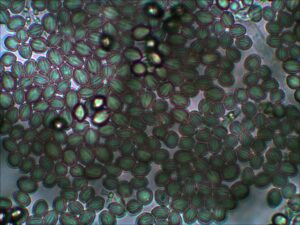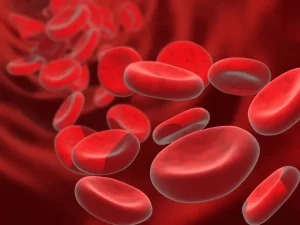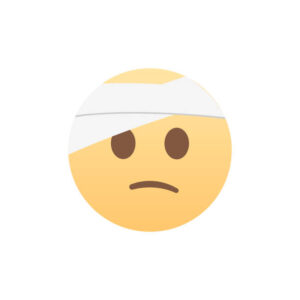 Vitamin C is responsible for keeping our body tissues healthy. This vitamin helps us to heal and helps us to resist infection. Vitamin C also strengthens connective tissue, muscles, and skin, and hastens the healing of wounds and bones. This vitamin is a great antioxidant and is proven to help prevent and/or treat many conditions including the common cold, cancer, heart disease, among other conditions.
Vitamin C is responsible for keeping our body tissues healthy. This vitamin helps us to heal and helps us to resist infection. Vitamin C also strengthens connective tissue, muscles, and skin, and hastens the healing of wounds and bones. This vitamin is a great antioxidant and is proven to help prevent and/or treat many conditions including the common cold, cancer, heart disease, among other conditions.
Vitamin C is commonly found in fruits and vegetables. Citrus fruits, strawberries, tomatoes, tomato juice, potatoes, peppers, Brussels sprouts, spinach, and broccoli are good sources.
Vitamin C is water-soluble. Water-soluble vitamins, like B and C vitamins, aren’t as easily stored. They travel through the bloodstream and whatever you don’t use gets expelled when you urinate. Large quantities of fat-soluble vitamins tend to be more toxic than water-soluble vitamins because your body stores them, rather than pees them out.
For more information on water-soluble vitamins, fat-soluble vitamins, or minerals, visit our Vitamins and Deficiencies blog.
Vitamin C Deficiency
 Humans are unable to synthesize vitamin C in our bodies, so we get it from the food we eat. Otherwise, deficiency can cause scurvy, bone disease, anemia and depression in some individuals.
Humans are unable to synthesize vitamin C in our bodies, so we get it from the food we eat. Otherwise, deficiency can cause scurvy, bone disease, anemia and depression in some individuals.
It can be hard to include the right balance of vitamins your kids need through food alone. It’s always important to provide good, balanced meals for your little ones. However, some may consider a vitamin supplement if your child isn’t receiving their minimum RDAs (Recommended Daily Allowances). Families who are vegetarian or vegan may need to rely on supplements for some of the vitamins found in meat and/or dairy. Additionally, if your child has bad eating habits, they may require supplements.
Recommended Daily Allowances vary among age groups, so it’s important to reference an RDA chart to see how much you or your child requires.
If you choose to provide nutrients in supplement form, it is still important to maintain good health. Also, always keep all medications, vitamins, and supplements out of reach of children.
Toxicity
Vitamin C, for example, when consumed in mega doses in hopes of undermining a cold, can sometimes cause headaches, diarrhea, nausea, and cramps. However, toxicity is rare. Because it is a water-soluble vitamin, we commonly pee out anything we can’t use. In some very rare cases, vitamin C toxicity caused an increase in iron absorption. However, this is not common in healthy individuals.
It is possible to overdose on many vitamins. Large quantities of some vitamins can be toxic. While over-the-counter supplements are usually safe, it’s important to make sure you or your kid isn’t overdosing on any vitamins. If you’re unsure about a vitamin, consult your healthcare provider.
It is important to remember that diet supplements are not tested and regulated like prescription drug products. Problems with safety, contamination, and quality are common with these products, even if purchased from a reliable source. Visit the Growing Healthy Together Fullscript page for a look at the vitamin and mineral supplements that we prefer.
For those interested in the minimum RDA (Recommended Dietary Allowances), refer to this National Academies chart.
Finally, if you are unsure about your vitamin C levels, a lab test can identify if you or your child are deficient. If you choose to provide nutrients in the form of supplements, it is still important to maintain good health in other ways. As always, keep all supplements out of reach of children.
For a more in-depth look at deficiency and toxicity, check back in on our upcoming blog series, including the following:
- Vitamin A
- B Vitamins
- Vitamin C
- Calcium and Vitamin D
- Vitamin E
- Iodine
- Iron
- Vitamin K
- Magnesium
- Omega-3 Fatty Acids
- Zinc
For questions or concerns, please respond to this blog or contact us.







